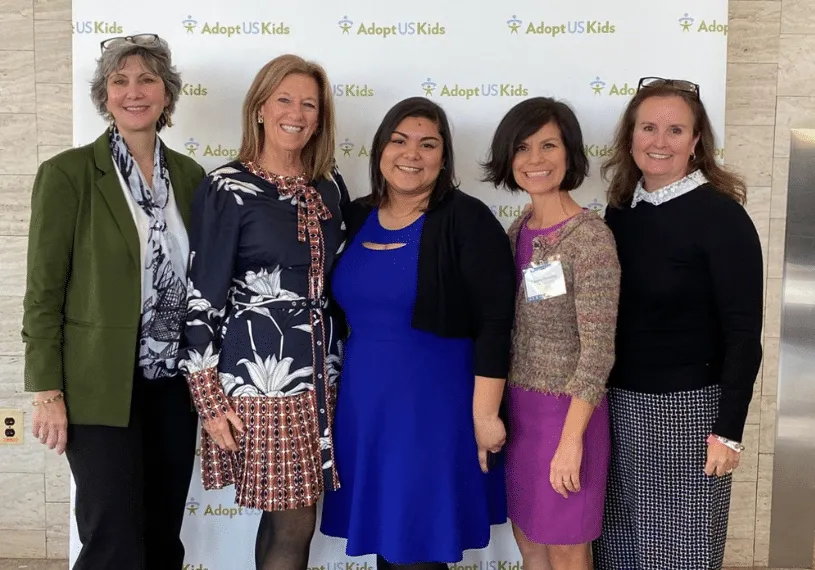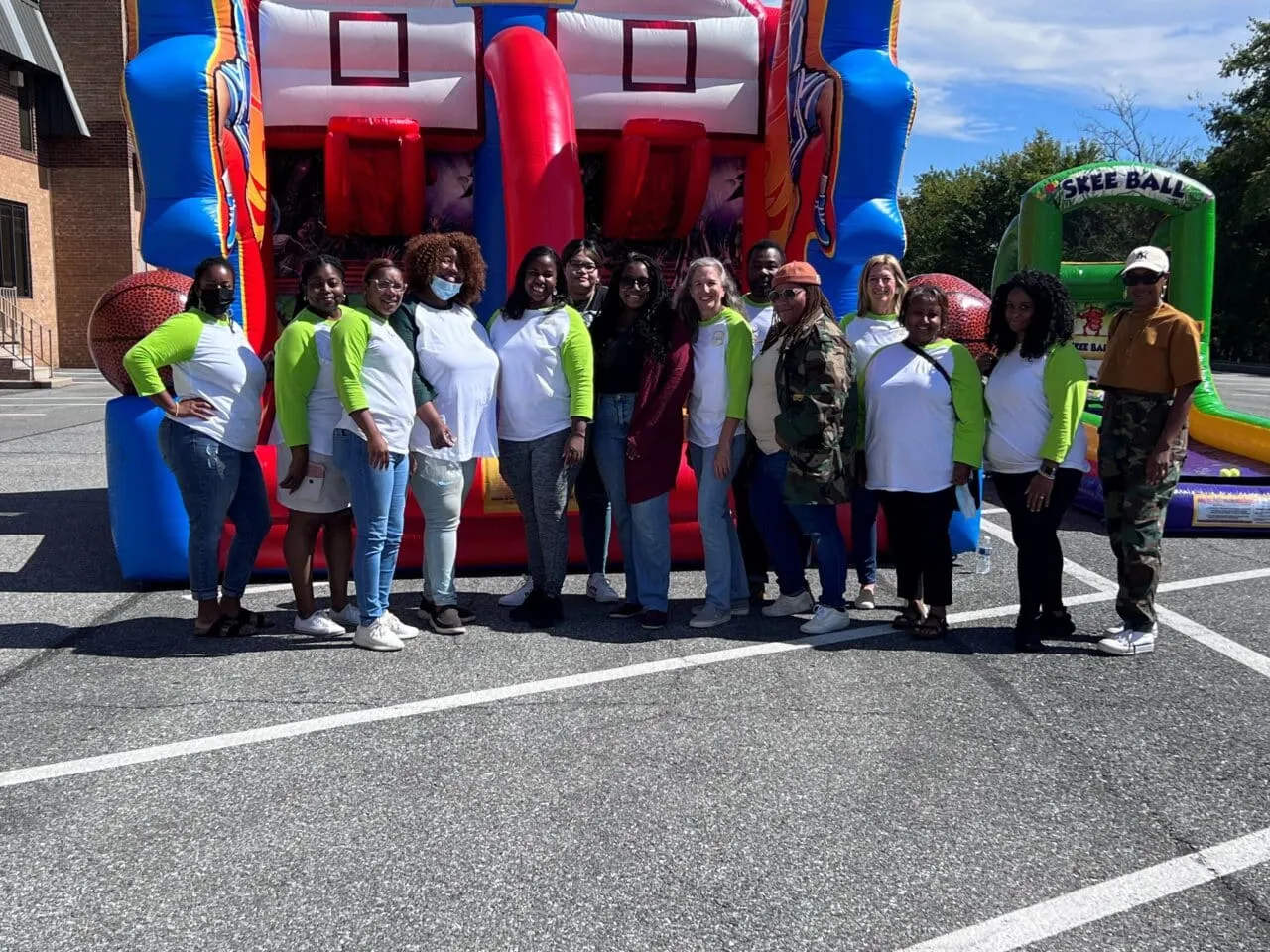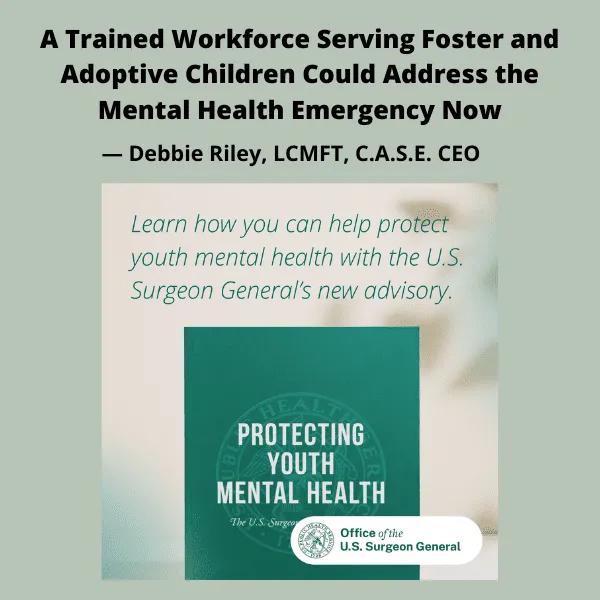Policy and Advocacy
The Center for Adoption Support and Education (C.A.S.E.) is a thought leader for state and federal policymakers seeking to improve our nation’s response to the mental health needs of children who are adopted, in foster care or in kinship care. C.A.S.E. educates on and advocates for strengthening the skills of the child welfare workforce and mental health providers, as well as ensure that adoption-competent services are accessible to meet the needs of children and families.
C.A.S.E.’s vision is to create a world where every child and family connected to adoption, foster, and kinship care thrives. C.A.S.E. is proud to be a partner with federal and state entities wanting to advance policies for the adoption, foster and kinship care communities that embrace our individual and collective diversity within these communities.
C.A.S.E. proudly partners with the U.S. Department of Health and Human Services to serve as the National Center for Adoption Competent Mental Health Services. In this capacity, C.A.S.E. provides targeted technical assistance and evidence-informed training to strengthen coordination and capacity among child welfare and mental health systems to improve the quality of mental health services provided to children, young adults, and their families while in care and in adoptive and guardianship homes. With our combined experience directly providing adoption-competent mental health services and developing and implementing training programs for the child welfare, mental health and school-based health workforces, including the accredited, and evidence-based Training for Adoption Competency (TAC), the federally funded National Adoption Competency Mental Health Training Initiative (NTI), and the School-based Mental Health Professionals Training, C.A.S.E. is a credible, reliable resource for policymakers seeking to support the creation of forever families.
Learn more about C.A.S.E.’s policy and advocacy outreach efforts below.













